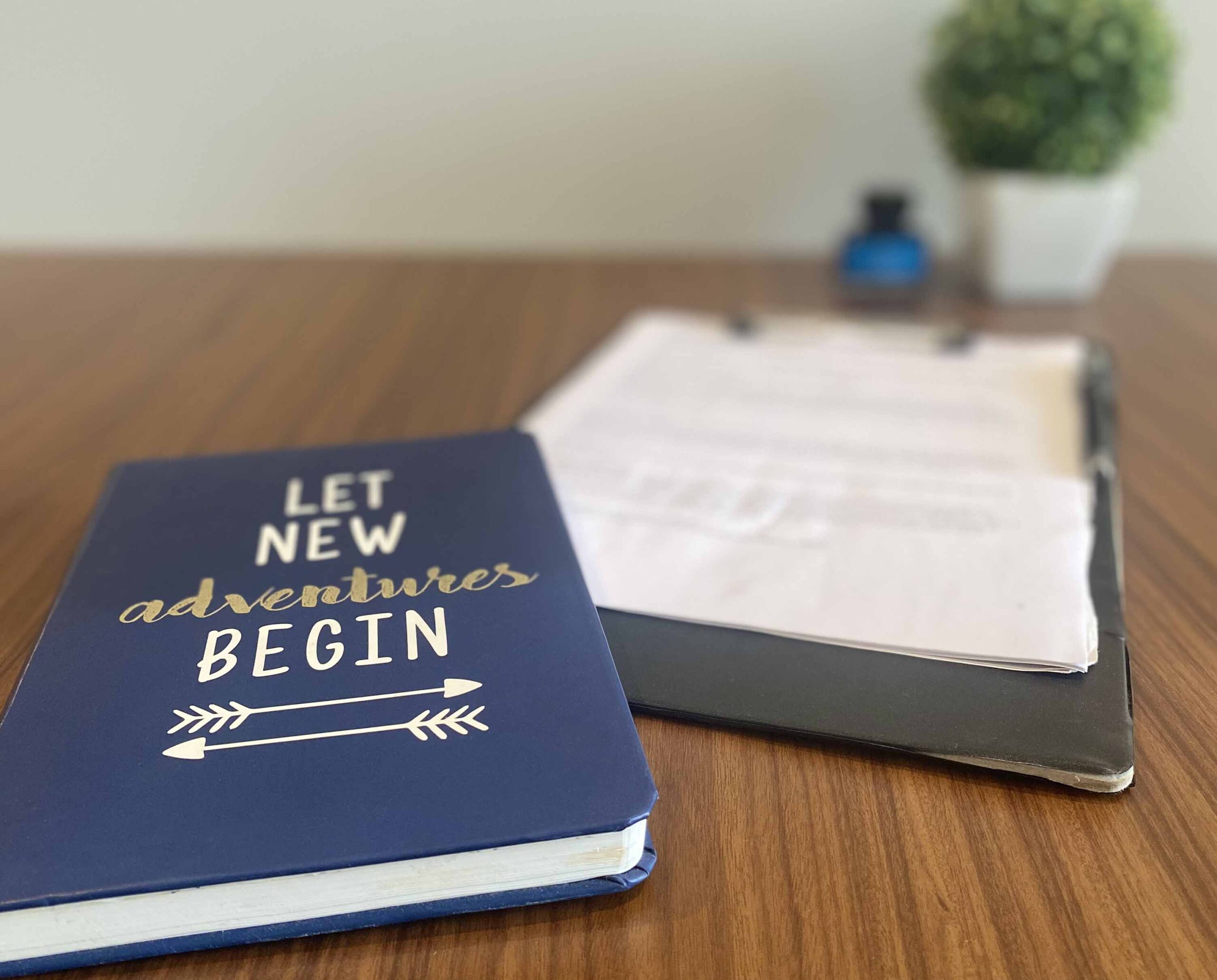
Your First Time.
10 helpful tips before you begin seeing a therapist.
The first time can be scary. The first time can be confusing. The first time can evoke a surge of emotions.
Beginning therapy may be a confusing process in itself, with your own thoughts resonating with self-doubt: “Do I belong here?”, “What have I signed up for?” or “What will they think of me?”.
From my professional experience with diverse populations and cultures, the questions and concerns I encountered about beginning the therapeutic process have been universal. This phenomenon led me to think: Why not have a few pointers from a psychologist for individuals beginning the therapeutic process? A guide, of sorts, to help people ease in.
Whether the journey of therapy may be novel for you, you are changing therapists or you want to recalibrate while on your journey, these tips are something you can chew on.
The first set of tips are aimed at helping you to reflect on your Emotional Readiness for therapy. These are tidbits that you can share with your therapist from the get-go… and will be helpful if you don’t know where to begin!
1. What brings you to therapy?
Think about what has led you to therapy. This may seem very clear, or it may not be as simple and you may need to unpack this further.
2. How did you arrive at this point?
What made you take the decision to set up a session at this point? What has happened recently that led you to enter the therapy room? Was there a final straw? Was it your idea to go to therapy?
3. How do you feel about stepping into your first session?
It’s normal to feel nervous about the first session. You may also feel excited. Or, you may be nervously excited. What may be helpful is to transform any nervous or excitable energy into curiosity. Allow yourself to focus on the process of noticing and learning about this new experience during your first session.
4 . What would you like to achieve from therapy?
You may have some structured goals that you would like to work on. Alternatively, you may want to reflect on what kind of person you aspire to be and focus on the long-term progress. You may not know yet. All are fine.
5. How do you feel with your therapist?
Reflect on how you feel speaking to your therapist. Comfortable, secure, supported? Judged, misheard or misunderstood? Do share your reflection with them… It may lead to an improvement in the therapeutic relationship, or may signal that you need to break it off with your therapist.

Image Source: Freepik Creative commons photo created by rawpixel.com – www.freepik.com
The second set of tips are Practical Aspects regarding the therapist and therapy that may be helpful to discuss from the outset.
6. Have you been to therapy before?
Share with your therapist that it’s your first, second, third, fourteenth time trying therapy. It may give your therapist insight into your relationship/ biases towards the process. Every client-therapist relationship is unique, and don’t be afraid to move on to another therapist if it doesn’t feel right for you.
7. Is the therapy structured?
Look for– or ask in your first session– about the structure of therapy. Therapy can be fixed-term or open-ended, and you may decide on this structure with your therapist. You may also want to factor in review sessions. Engage in a discussion to identify what would best suit your needs.
8. What about the therapist’s training?
Check your therapist’s credentials and what modalities and approaches they have trained in. Do ask them questions about their therapeutic background, especially if this would give you more insight into your journey together. Don’t just base their ability on their years of experience or their fees!
9. Asking further questions.
Don’t be afraid to ask questions regarding your therapist’s professional journey. And, in general, don’t be afraid to ask your therapist questions. Every therapist will have their own threshold for how much information they disclose purposefully, and are trained in maintaining healthy boundaries.
10. The F word.
The Fees. Let’s start with negotiating- bargaining is highly discouraged, and can be perceived as an insult to many, as the therapist is setting their fee based on the level of their training, skills, education, experience and having their own supervision. However, you may check if the therapist’s fees are based on a sliding scale (often adjusted to your income) and whether you can get some respite there.
Do go into your first session with a curiosity and thirst; no matter what experience you have in the session, remind yourself that you have begun on this journey of quenching your emotional needs.


